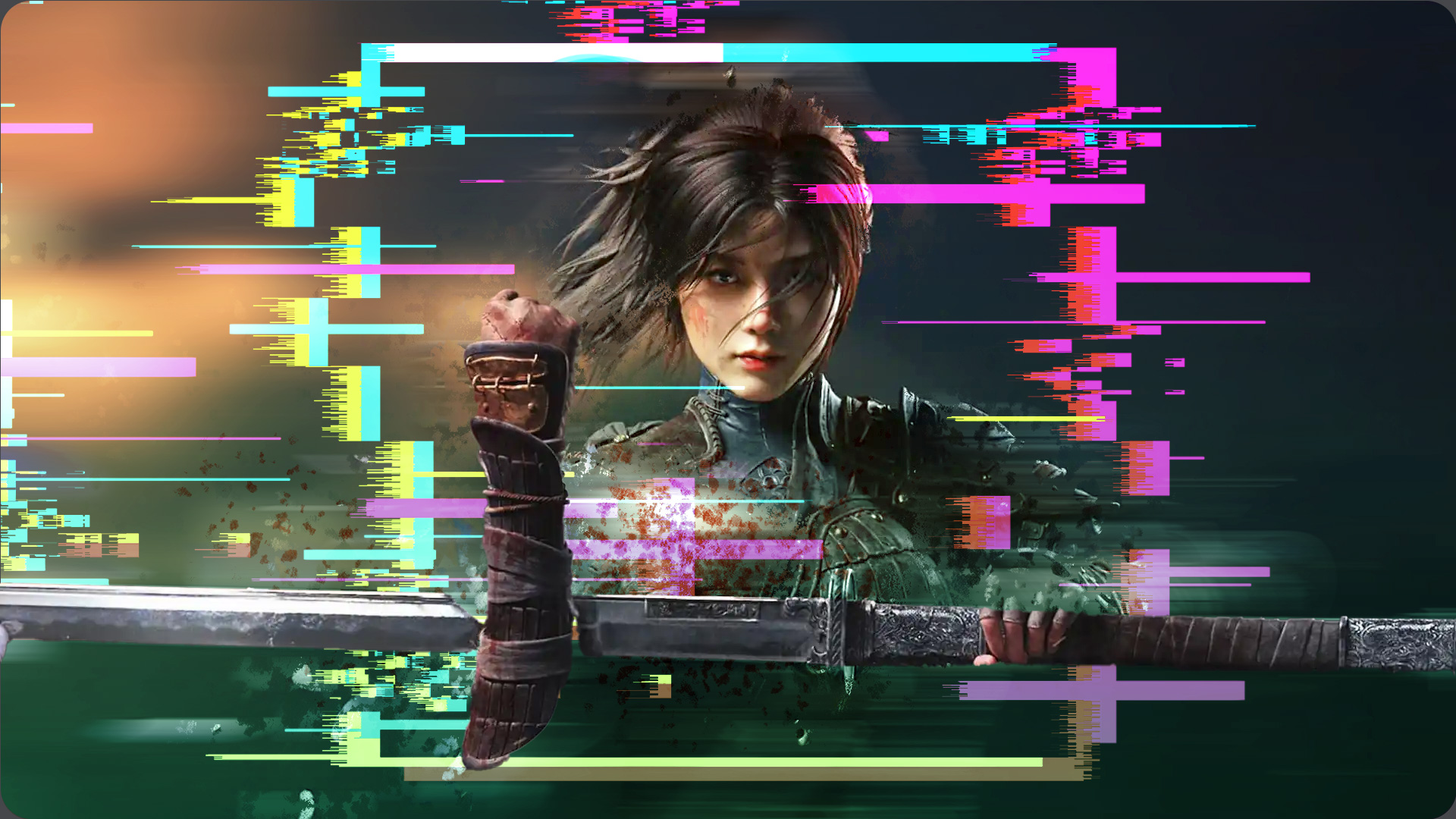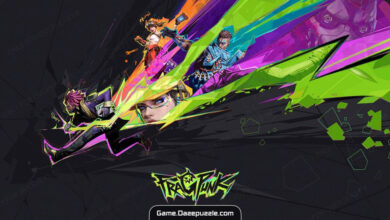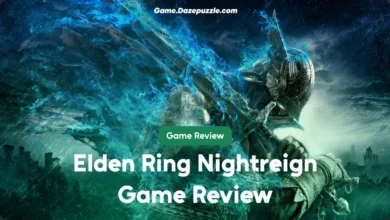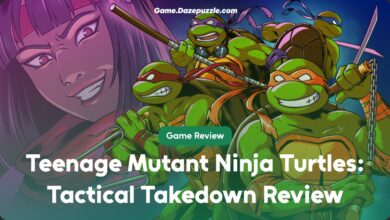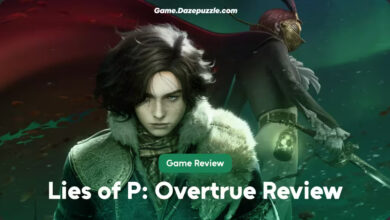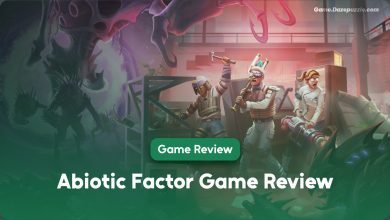It’s rare to see a game split its audience so cleanly down the middle. On one side, you have critics giving Wuchang: Fallen Feathers solid 8/10 scores. On the other, you have a sea of “Mostly Negative” reviews on Steam from a massive launch audience that peaked at over 131,000 players.
So what’s the real story here?
The truth is, Wuchang is a game of stunning contradictions. It’s a technical disaster that hides a gorgeous, atmospheric world. It’s a game with a combat system that feels fundamentally unfair, yet contains some of the most innovative progression systems in the genre. This isn’t just a simple case of a buggy launch; it’s a fascinating post mortem of a game with a brilliant soul trapped in a broken body. Let’s break down what went wrong.
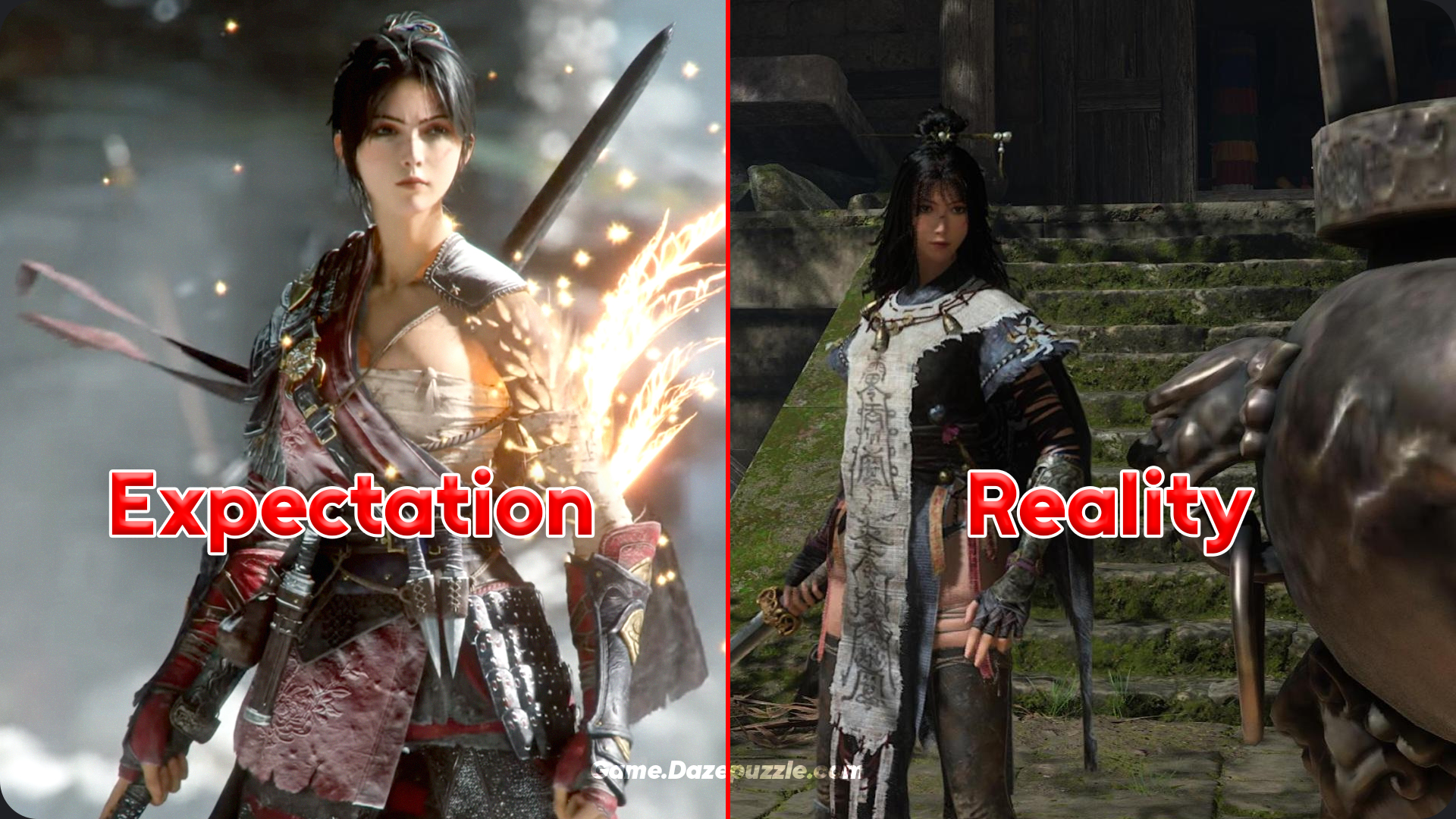
The Stutter Fest That Killed the Hype
Before I could even begin to analyze Wuchang’s design, I had to fight my way through its technical state. And let me be clear: it was a disaster. The community almost immediately coined the perfect term for it: “another UE5 stutter fest.” This wasn’t just a few dropped frames; for thousands of players, the game was fundamentally broken on arrival.
The issues were rampant across all platforms:
- On PC: A mess of stutters and crashes, even on high end hardware.
- On Consoles: Textures that looked like “melted bubblegum,” completely shattering the immersion of its otherwise beautiful world.
But the real betrayal of trust came with patches 1.3 and 1.4. Instead of truly optimizing the game, the developers were caught implementing a “forced upscaling” solution. This meant the game was no longer running at a native resolution, even if your settings said it was. To the community, this felt like a deceptive, scummy move to fake performance gains. It was the moment frustration turned into anger.
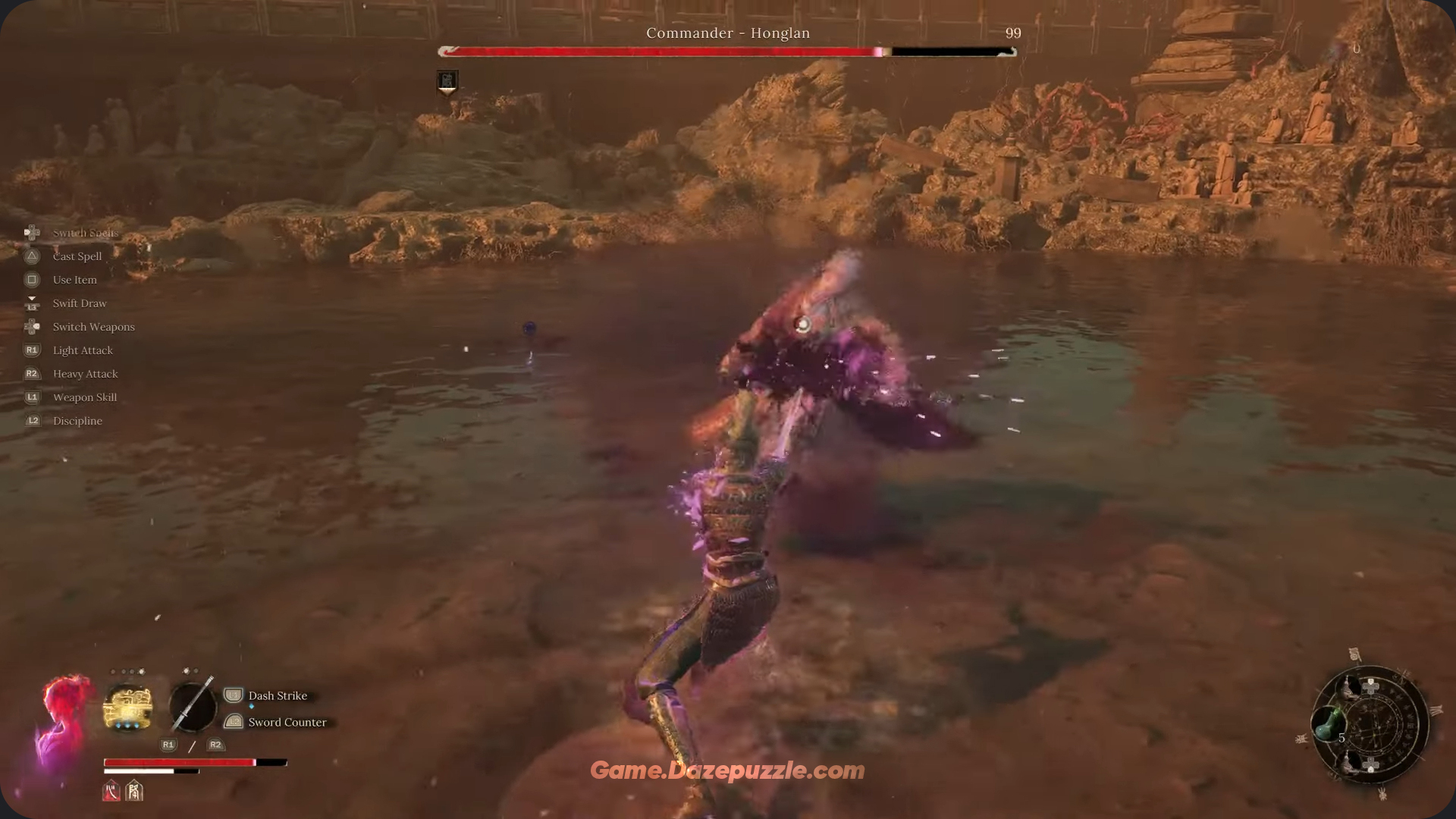
Combat That Felt More Unfair Than Difficult
If you could look past the technical issues, you’d find a combat system with a deeper, more philosophical problem. It wasn’t just hard; it felt fundamentally unfair. As one player on Reddit perfectly put it, “Wuchang doesn’t feel like a tough but fair Souls like. It feels like a game trying to be hard by simply being unfair.”
Nowhere was this more obvious than in the fight against Commander Honglan. This boss wasn’t a challenge; she was a brick wall. Her attacks were lightning fast and poorly telegraphed, her combos felt endless with no clear window to counter, and her hitboxes were a mystery. She wasn’t a puzzle to be solved; she was a test of patience against an opponent who felt like she was cheating.
The most baffling design choice, however, was locking essential defensive mechanics like “Clash” and “Deflect” deep in the skill tree. This is, frankly, an awful design. It’s like asking someone to fight a fire but hiding the water hose behind a locked door. It left me, and countless other players, feeling powerless in the early hours, forced into a tedious war of attrition instead of a skillful duel.
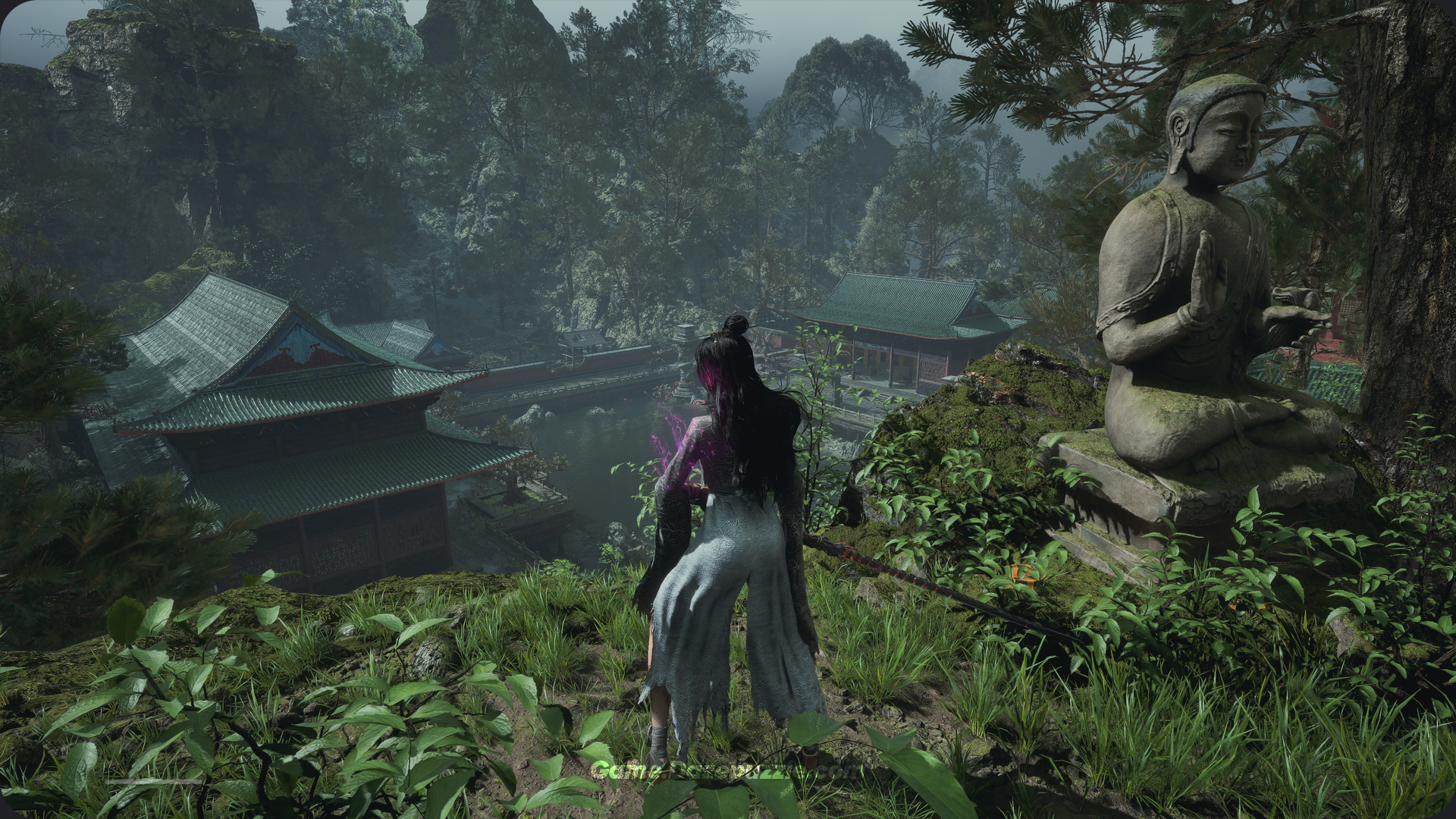
A Gorgeous World That’s a Nightmare to Navigate
Herein lies the great tragedy of Wuchang. The game is, without a doubt, gorgeous. I was genuinely blown away by the world they built, a hauntingly beautiful mix of ancient Chinese history and twisted Lovecraftian horror that feels completely fresh.
But then you have to actually navigate it. The level design polarized the entire community. Some praised its complex, interconnected layout as a brilliant return to the style of the original Dark Souls. Many others, myself included, found it deeply frustrating. The infamous “snow area” perfectly captures this “exploration fatigue.” It’s a confusing, sprawling maze with no clear direction, packed with so many punishing enemies that it stops being fun and just becomes a chore. The beautiful art was just a pretty wallpaper for a frustrating experience.
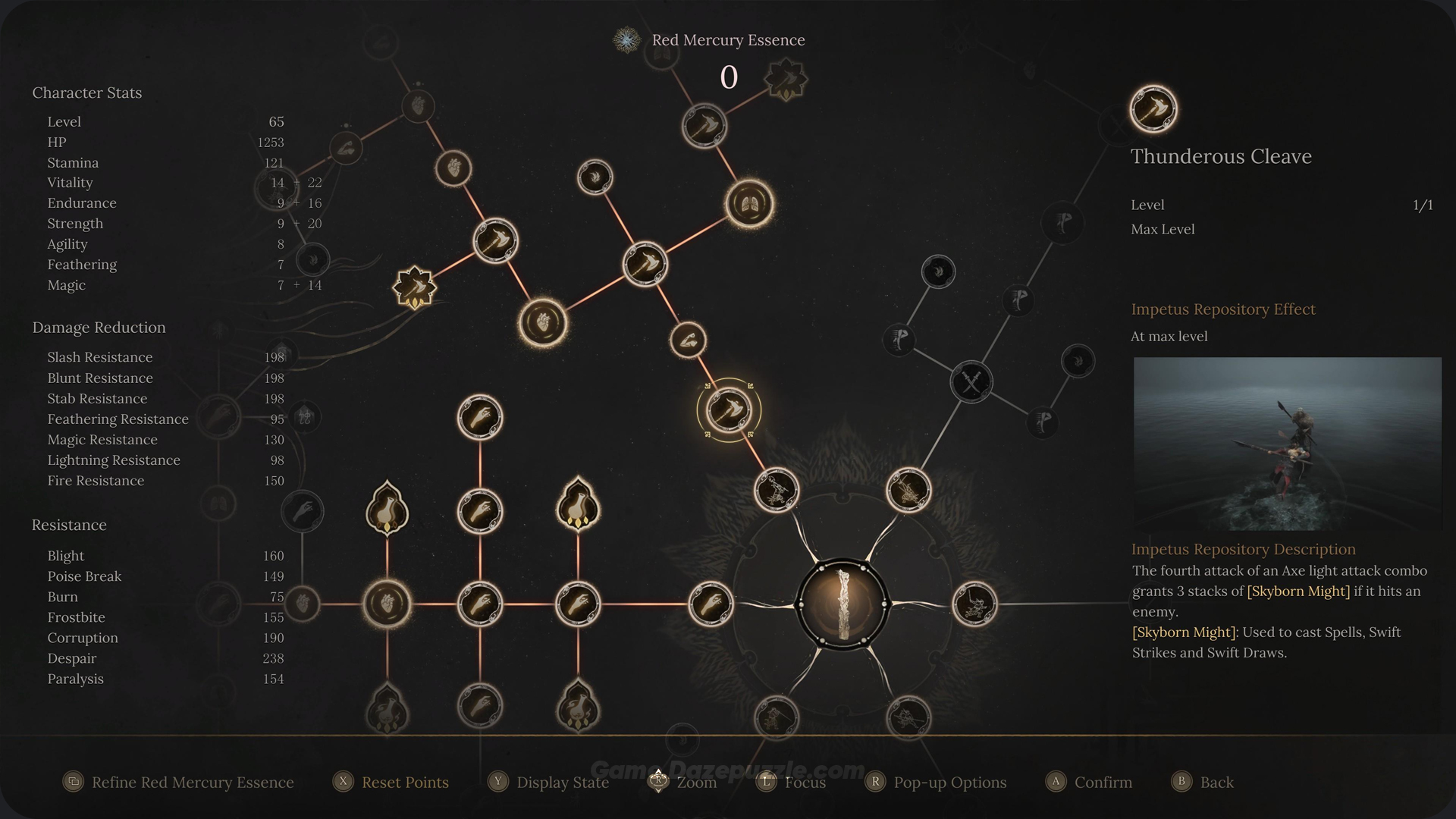
The Brilliant Ideas Buried Underneath the Rubble
Now, after all that criticism, I have to say this: Wuchang: Fallen Feathers is not a bad game. Buried under all that frustration is a core of genuine brilliance.
The progression system alone is a masterpiece. The skill tree is absolutely massive, and it gives you total freedom to experiment with different builds.
The best part?!
You can respect them for free, anytime. It’s a genius, player friendly design that I wish every other RPG would just steal already. Then there’s the “Madness” and “Inner Demon” system. Instead of just running back to your corpse, a powerful phantom of your own character spawns, and you have to defeat it in a duel to get your stuff back. It’s a fantastic twist that makes death feel tense and meaningful again.
Too Little, Too Late? The Developer’s Apology Tour
As the firestorm raged, the developers at Leenzee Games went on a predictable apology tour. They put out statements saying “these problems should never have occurred” and handed out free in game items and the soundtrack as a peace offering.
Look, the apology was the right move, but the whole thing felt like classic damage control. This wasn’t a proactive team getting ahead of a problem; this was a reactive team trying to put out a fire that their own lack of quality control had started. It points to some serious issues in how this game was managed and tested before it ever got into our hands.
The Final Verdict: A Tragic Case of Wasted Potential
For me, it’s one of the most tragic cases of wasted potential I’ve seen in years. This isn’t a soulless cash grab made by people who don’t understand the genre. It’s the opposite: a game with a powerful, unique soul, crafted with real artistic vision, that was ultimately betrayed by its own technical and structural failings.
And that’s the key takeaway here. Any developer can patch performance or tweak a boss fight. But you can’t patch a soul into a game that doesn’t have one. Wuchang has that soul. It just needs a body that works. I truly hope they get a second chance to build it, because as one critic wisely noted, “If Wuchang gets a sequel, it could be an all time great.”

